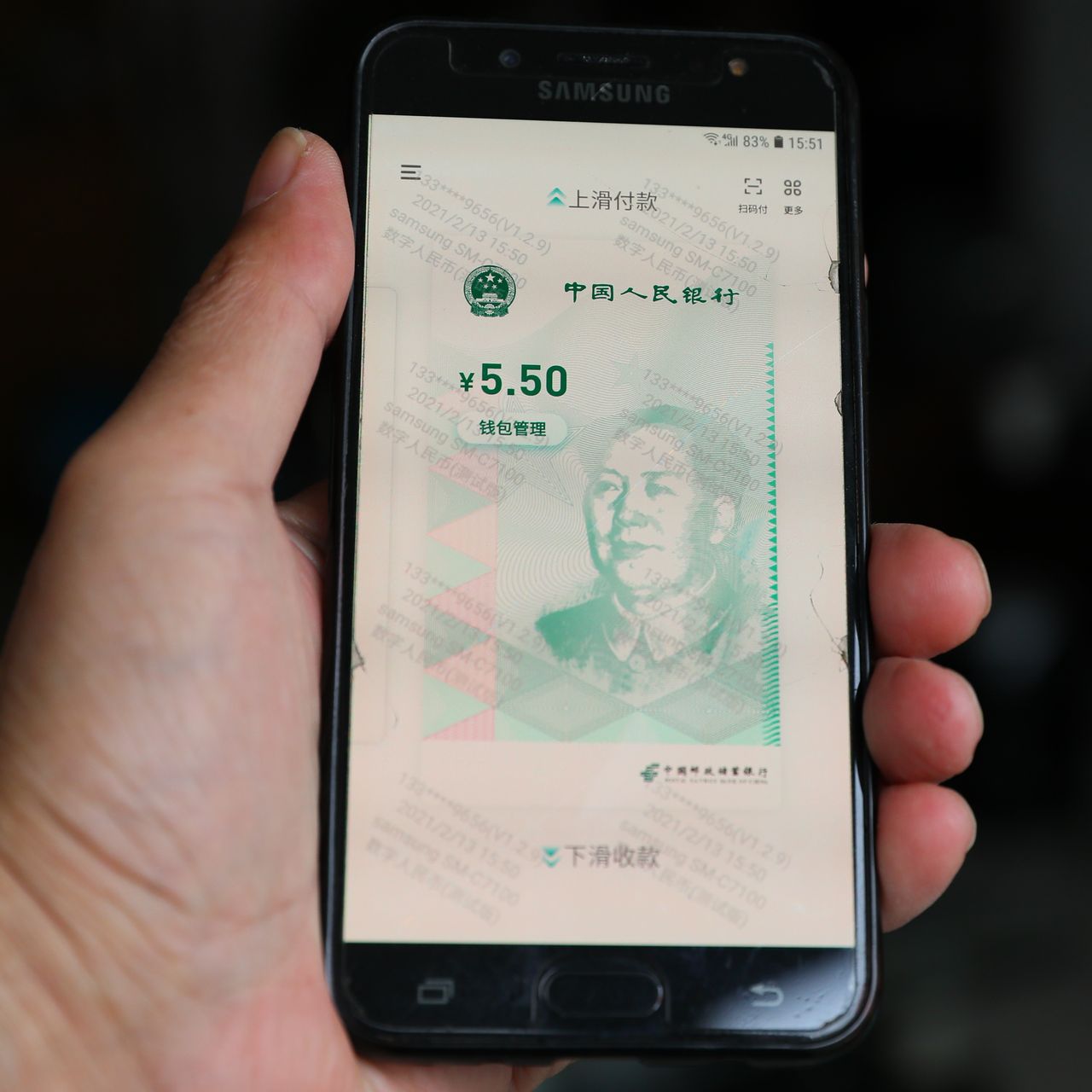
Technology
China is the first major economy to establish its own digital currency.

When money meant coins a thousand years ago, China invented paper currency. In a reimagining of money that could shake a pillar of American influence, the Chinese government is now minting cash digitally.
Credit cards and payment apps such as Apple Pay in the United States and WeChat in China can make it appear that money is already virtual. But those are all electronic money transfer methods. China is converting its legal tender into computer code.
Cryptocurrencies like bitcoin have pointed at a possible digital future for currency, despite the fact that they operate outside of the conventional global financial system and are not legal tender like government-issued cash.
The Chinese central bank, which will issue the new electronic money, is in charge of the country's version of a digital currency. It is supposed to provide China's government with a slew of new resources for tracking the country's economy and population. By default, the digital yuan would eliminate one of bitcoin's most attractive features: user privacy.
Beijing is also positioning the digital yuan for foreign use and developing it to be untethered from the global financial system, which has ruled since World War II and is dominated by the US dollar. China is adopting digitization in a variety of ways, including currency, in order to gain more centralized influence while gaining a head start on future technology that it sees as open to grabs.
We need to prepare ahead in order to secure our currency sovereignty and legal currency status, said Mu Changchun, the project manager at the People's Bank of China.
The foundations of finance could be reordered by digital money in the same way that Amazon.com Inc. disrupted retailing and Uber Technologies Inc. rattled taxi networks.
The fact that an authoritarian state and a US competitor has taken the lead in adopting a national digital currency has transformed what was once a nebulous issue for cryptocurrency theorists into a subject of concern in Washington.
When asked in recent weeks about the effect of digitized national currencies like China's on the dollar, Treasury Secretary Janet Yellen and Federal Reserve Chairman Jerome Powell both said the problem is being thoroughly investigated, including whether a digital dollar makes sense in the future.
The dollar has faced rivals in the past—the euro, for example—only to rise in value as rivals' vulnerabilities become evident. According to the Bank for International Settlements' latest rankings, the dollar outperforms all other currencies in international foreign-exchange deals, accounting for 88 percent of all transactions. Just 4% of the time was the yuan used.
Analysts and economists argue that digitization alone would not make the yuan a viable competitor for the dollar in bank-to-bank wire transfers. The yuan, also known as the renminbi, could gain traction on the periphery of the international financial system in its new incarnation.
It will give citizens in developing countries the ability to send money globally. Even a small foreign usage may minimize the effect of US sanctions, which are increasingly being used against Chinese companies and individuals.
Anything that affects the dollar is a national-security issue, said Josh Lipsky of the Atlantic Council think tank. This poses a long-term challenge to the dollar.
The digital yuan is stored in cyberspace and can be accessed via a cell phone—or a card for those who are less tech-savvy—and spending it does not necessitate an internet connection. It appears on a screen with a picture of Mao Zedong that looks exactly like paper money.
More than 100,000 people in China have downloaded a central bank mobile phone app that allows them to spend small government handouts of digital cash with retailers, including Chinese Starbucks and McDonald's outlets, in recent tests.
After spending a test allotment, Tao Wei, a young woman from Beijing, said, It's pretty sweet.
